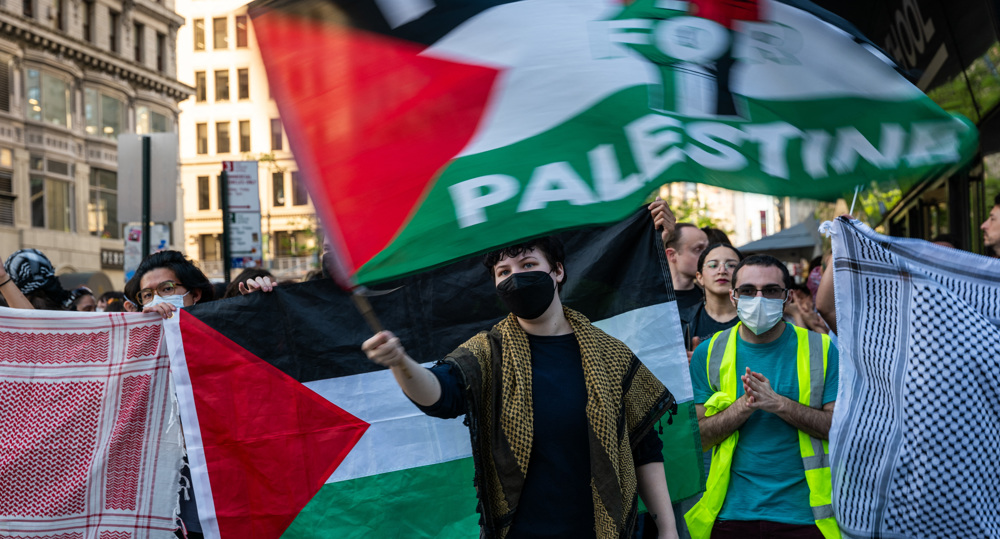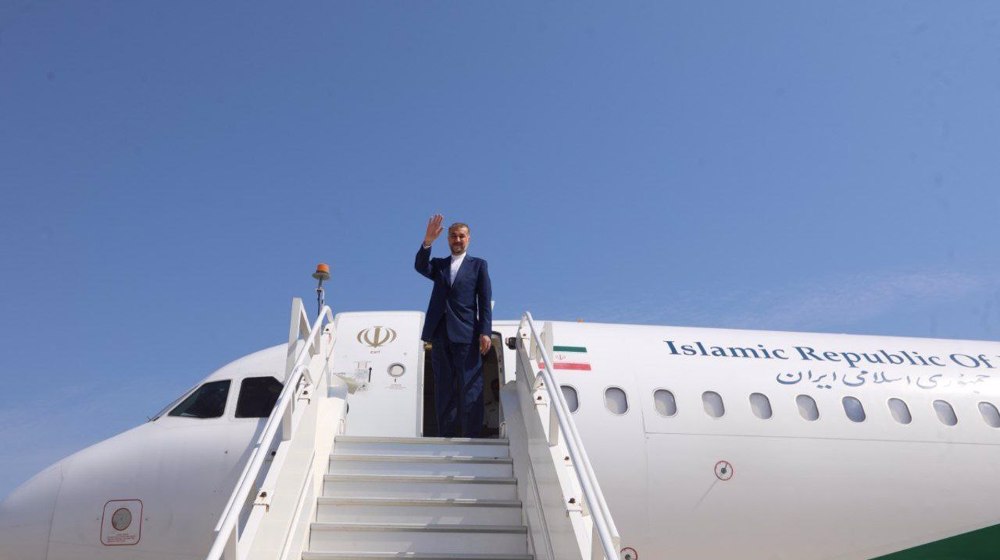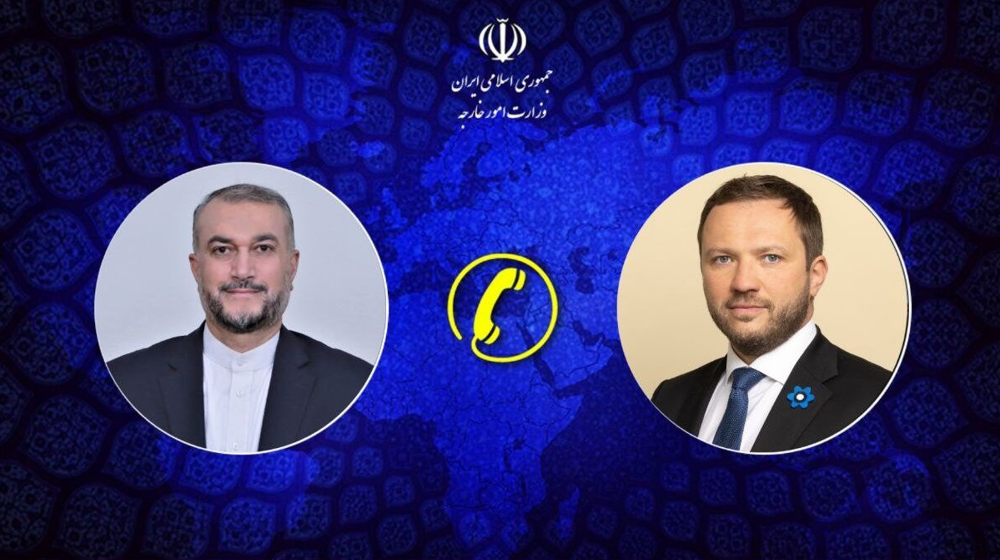Iranian diplomat says INSTEX implementation incomplete, ineffective
A senior Iranian diplomat has criticized Europe for failing to implement a non-dollar direct payment channel aimed at facilitating trade with Iran in the face of US sanctions, saying Tehran considers the mechanism "weak."
"This financial system has been suggested too late and [it] operates at a low level. It has not been yet fully implemented," Iranian Deputy Foreign Minister Abbas Araqchi said in a Monday interview with Russia's Sputnik, referring to Europe's trade mechanism, officially called the Instrument in Support of Trade Exchanges (INSTEX).
The three European signatories to the 2015 nuclear agreement, officially known as the Joint Comprehensive Plan of Action (JCPOA), unveiled late in January the long-awaited direct non-dollar payment mechanism meant to safeguard their trade ties with Tehran following the US withdrawal from the nuclear deal and in the face of the "toughest ever" sanctions imposed by the United States against the Islamic Republic.
In its initial stage, INSTEX was supposed to facilitate trade of humanitarian goods such as medicine, food and medical devices, and later be expanded to cover other areas of trade, including Iran’s oil sales. However, it has not resulted in any trade deals so far.
Read more:
- Russia will help Iran with oil, banking if payment channel not launched: Ryabkov
- Zarif says Europe must take practical steps to guarantee Iran’s oil revenues
- Iran’s foreign minister slams Europe for taking similar stance as US against Iran
The Iranian diplomat further emphasized that INSTEX "will be successful if the Europeans buy oil from Iran, as Iran's main export to Europe is oil."
"If not, there will be not a large amount of money left for trade in accordance with this tool," Araqchi added.
Russian Foreign Minister Sergei Lavrov said on Wednesday that the INSTEX mechanism still remained on paper.
"The Europeans have come up with an initiative to create a mechanism that will allow circumventing these absolutely illegal and unlawful US sanctions. They have been long coordinating the matter. As a result, they have announced that the mechanism has been created, but it remains on paper," Lavrov said.
Iranian Foreign Minister Mohammad Javad Zarif once again in April complained about a delay by the European partners in the 2015 nuclear deal to make the INSTEX operational, saying they now have "no excuse" for further postponement of the project.
He added that the European partners are "lagging behind" in fulfilling their commitments and "should not believe that the Islamic Republic will [continue to wait] for them."
Hamas says delegation heading to Cairo for ceasefire talks
VIDEO | American awakening
Factbox: Is Meta facilitating Israel’s AI-aided bombing of Palestinians in Gaza
VIDEO | Panic grips Israel as regime fears arrest warrants from ICC
Iran: Police violence against student protests exposes US hypocrisy
Netanyahu stonewalling truce deal: Top Hamas official
Israel ‘too cowardly’ to respond to Iran’s retaliatory strikes: Yemen’s Ansarullah
Daesh attack kills 13 Syrian army troops, allied forces: Report












 This makes it easy to access the Press TV website
This makes it easy to access the Press TV website